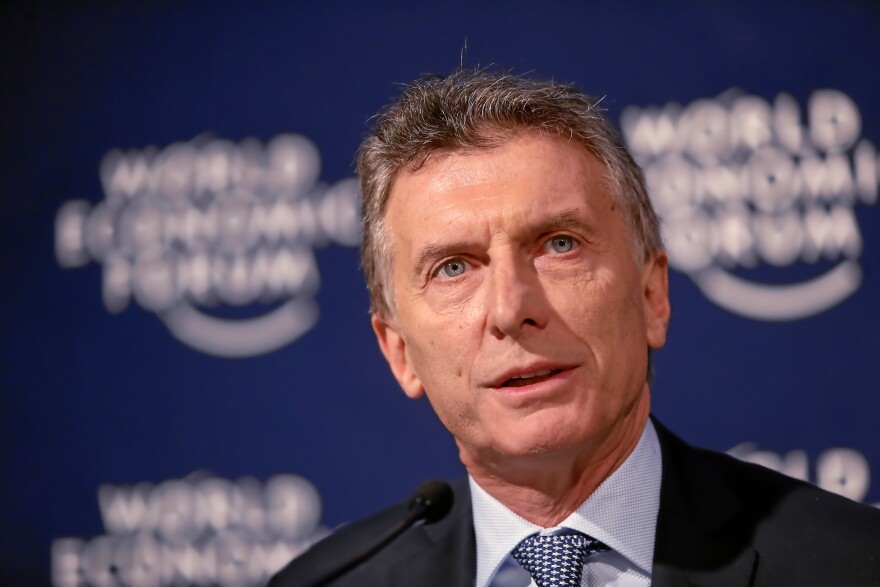Wednesday marked 70 years since late Argentine leader Juan Perón won his first presidential election, beginning decades of on-again, off-again military dictatorships that didn’t see a return of democracy until the 1990s.
But an economic crisis to kick off the 21st century led to the resignation of president Fernando de la Rúa after a little more than two years on the job.
“At that point, there were several different presidents that came through in a two or three year period, and finally Néstor Kirchner was elected president and he had a long term, and started doing more socialist things in the country,” said Grady Wray, a University of Oklahoma Spanish professor who teaches in Buenos Aires.
Kirchner’s wife Cristina Fernández de Kirchner succeeded him in 2007, and just completed her second term at the end of 2015. After more than a decade of Peronist leadership under the two Justicialist Party presidents, Wray says more Argentina will likely see a more neoliberal style from new president Mauricio Macri. He’s only been in office a little over two months, and the country’s Congress hasn’t yet reconvened. Marci has already tried to circumvent the legislature through executive action.
“There was a lot of state-owned corporations and things, such as the airlines and such as the petroleum industry, which we don't know whether Marci now will continue that type of ownership by the state, or whether he will want to privatize that,” Wray said.
Wray says the capital tends to be much more conservative than the rural provinces, and most Argentines prospered during the Kirchners’ reign.
“Now, those that were living better are worried as to whether or not some of those social policies that were helpful to them are going to be good or not,” Wray said. “And so that's what we have to keep our eyes on.”
KGOU and World Views rely on voluntary contributions from readers and listeners to further its mission of public service with internationally focused reporting for Oklahoma and beyond. To contribute to our efforts, make your donation online, or contact our Membership department.







